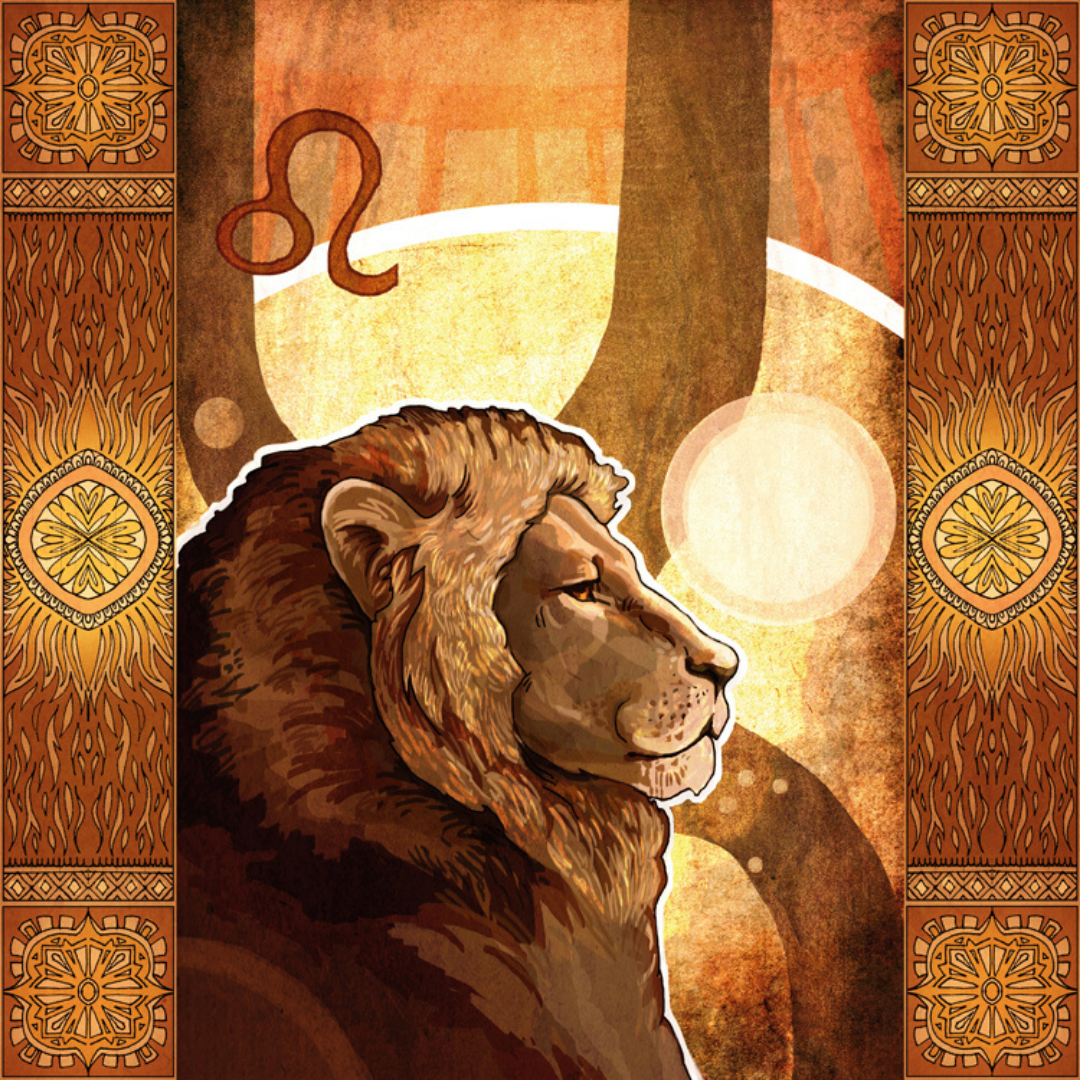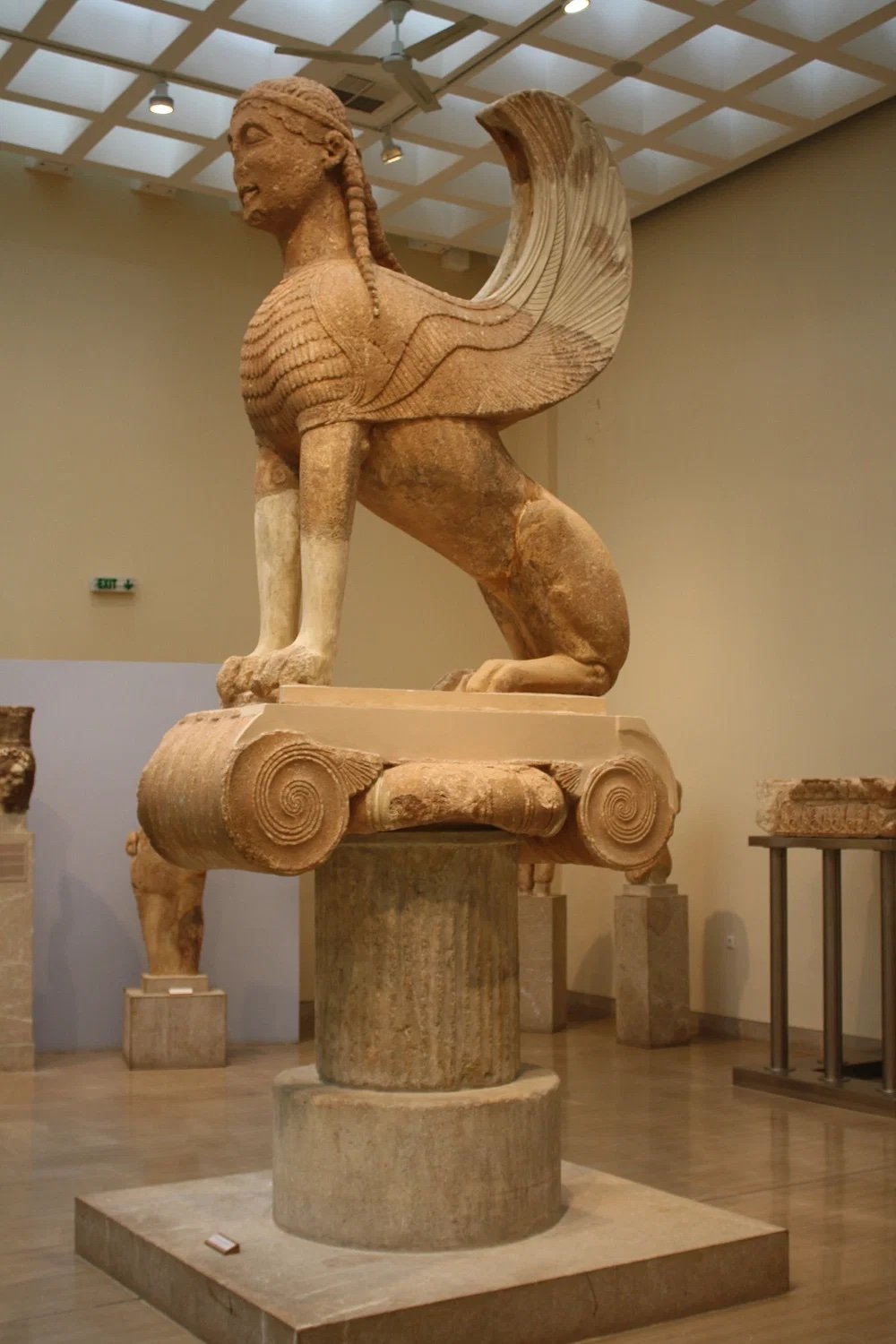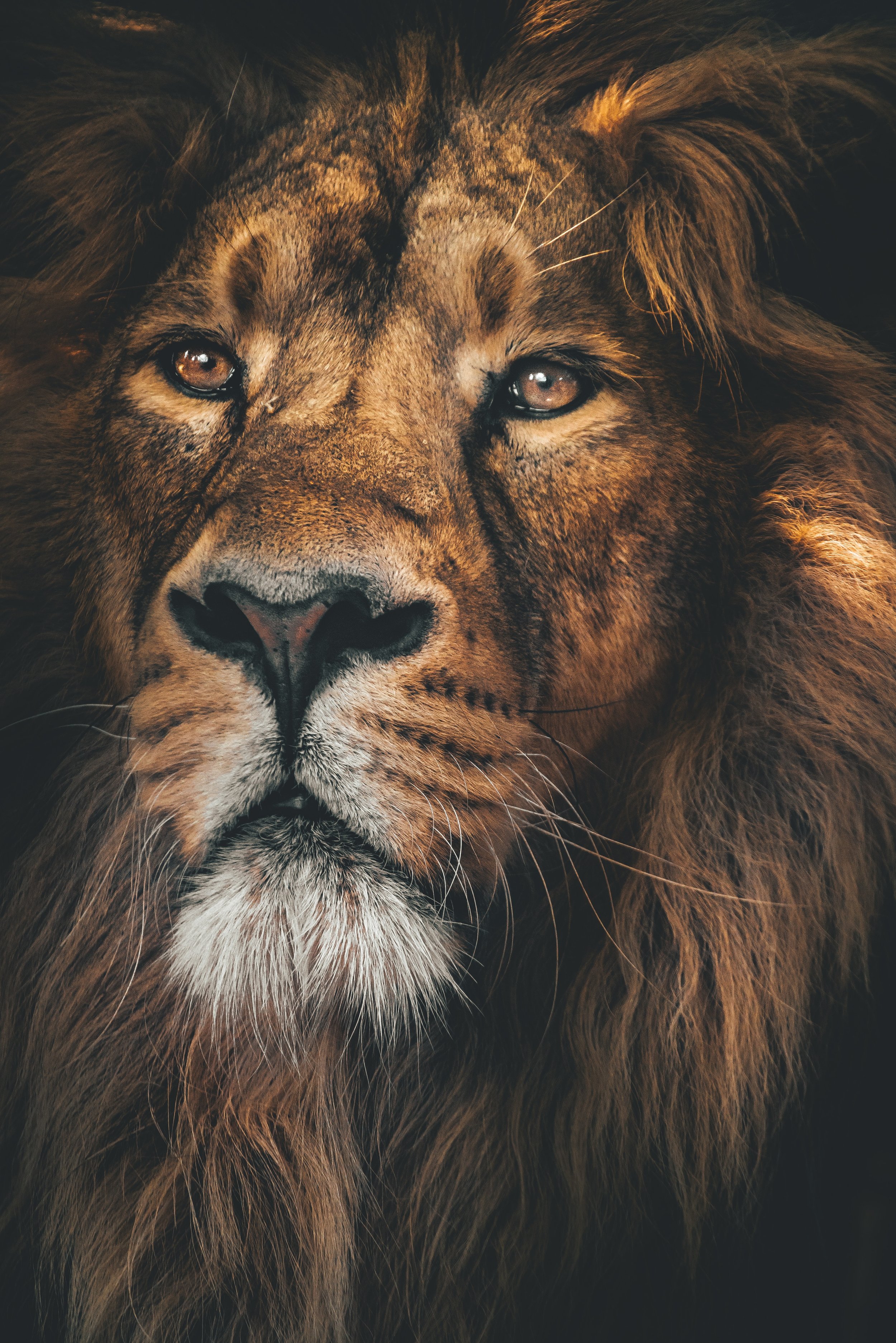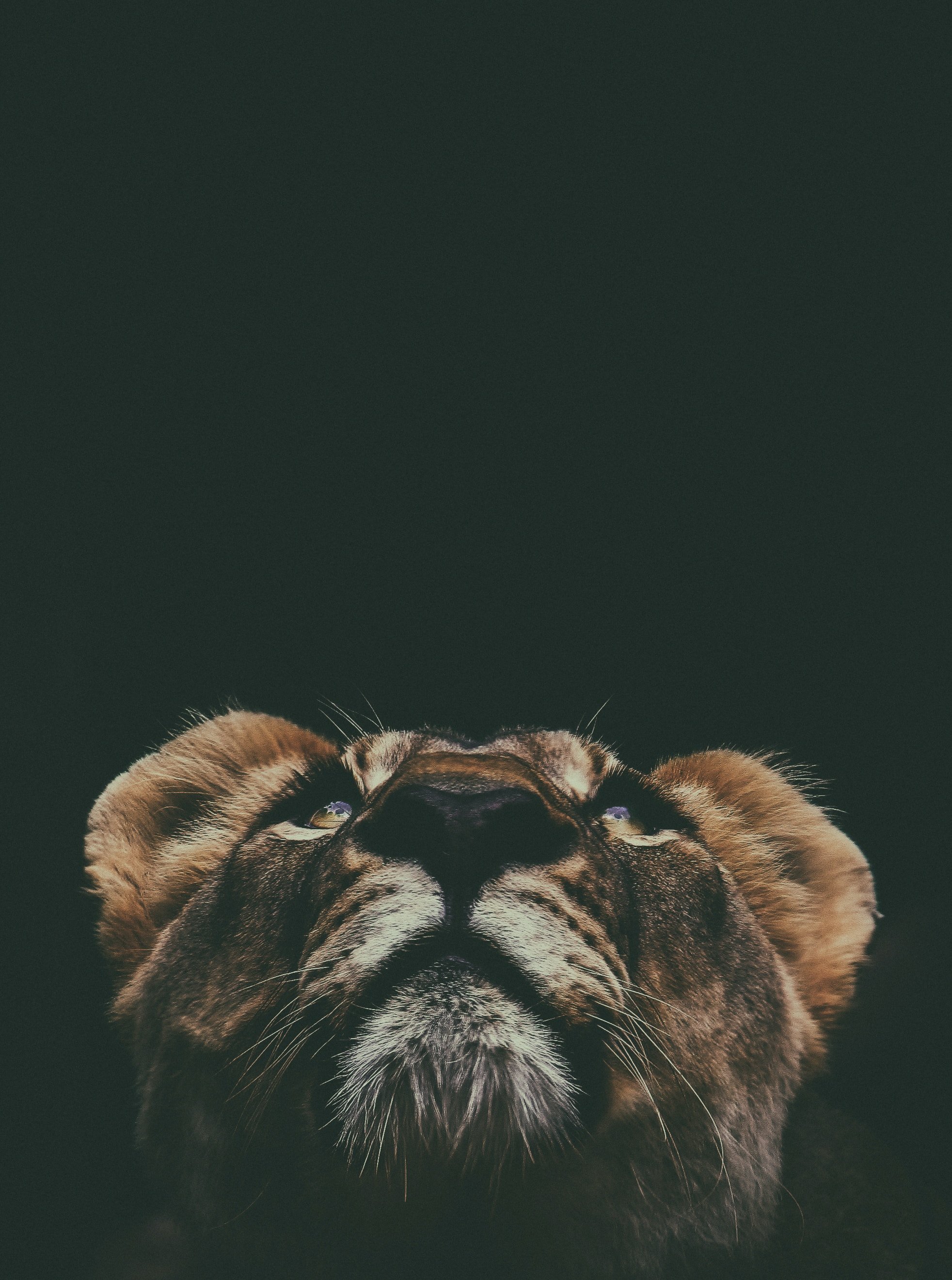Exploring the Symbolism of the Lion: Strength, Courage, and Nobility
The Majestic Great Cats: A Symbol of Sacredness and Strength
(Art by yanadhyana)
The great cats' sublime grace and commanding prowess have long captivated our imagination. Whether stalking through the dense foliage of the jungle or prowling across the sweeping savannas, the great cats move with a sleek and elusive poise that seems almost otherworldly.
Across the West, the lion reigns as the most prominent "King of Beasts," while the tiger claims that title in the East, and the jaguar is revered as the king in the Americas.
From the warrior cultures of old to the mystical traditions of shamanic magic, these magnificent creatures have symbolized majestic sacredness throughout human history. In addition, great cats are often associated with specific forces and mythical creatures that add to their enigmatic allure. For example, the unicorn is often linked to the lion, while the tiger is often paired with the dragon.
In this blog post, we will turn our gaze toward the symbolism of the lion.
Indeed, as a revered icon of strength, courage, and nobility, the lion has captured the imagination of cultures worldwide.
Guardians of the Horizons: The Symbolism of Lions in Egyptian Mythology
(Image of Sekhmet from Wikimedia Commons)
Nestled on the sandy fringes of Egypt's desert expanse, lions served as the unwavering guardians of the eastern and western horizons, presiding over the shifting tides of sunrise and sunset. The lioness-headed warrior goddess Sekhmet, a formidable and occasionally wrathful "eye" of the revered sun god Ra, kept watch over this vast and enigmatic land.
Elevated to a symbol of resurrection through its association with the life-giving powers of the sun, the lion held a special place in ancient Egyptian culture. Even the powerful goddess Hathor, known to assume the guise of the Destroyer, was depicted with the fearsome visage of a lioness, underscoring the profound and multifaceted symbolism of the lion.
Moreover, the deities of ancient Egypt included Maahes, a Nubian god who embodied the qualities of war and safeguarding, often represented with the majestic head of a lion. Similarly, the god Dedun, revered for his association with the opulent pleasures of wealth, luxury, and fragrant incense, was often depicted with a lion's likeness.
The Sphinx in Ancient Egyptian and Ancient Greek Myth
The Naxian Sphinx of Delphi from World History Encyclopedia)
In both Greek and Egyptian mythology, the Sphinx is a fascinating creature with a lion's body and a human head, though only the Greek version has wings.
In Greek lore, the Sphinx challenges anyone who tries to cross a boulder near Thebe with a riddle, and anyone who fails is strangled. Oedipus, however, manages to solve the riddle: "What walks on four legs in the morning, two legs in the afternoon, and three legs in the evening?" The answer is man, who crawls as an infant, walks on two feet as an adult and needs a cane in old age. After Oedipus correctly answers the riddle, the Sphinx is so distraught that she hurls herself from the rock and perishes.
On the other hand, the Egyptian Sphinx is a symbol of wisdom and knowledge, embodying a goddess-like quality.
Lion Symbolism in Ancient Greece
The lion held significant meaning in ancient Greek culture, where it represented the concepts of regality and physical prowess. As a testament to their admiration for the lion, the Greeks would stage cruel spectacles that involved pitting a lion against a gladiator for the sake of entertainment. Additionally, in certain Greek myths, lions were bestowed with otherworldly abilities that set them apart from other creatures.
Herakles (Hercules) and the Nemean Lion
In Greek mythology, the story of Herakles (also known as Hercules in Latin) and the Nemean lion is a well-known tale. The Nemean lion, the offspring of Echidna and Typhon, was a fierce and monstrous beast with an invulnerable hide that could not be pierced by any weapon.
As part of his Twelve Labors, Herakles was tasked with slaying the Nemean lion. He hunted the lion for days before finally tracking it and wrestling it to the ground. When he realized his weapons were useless against the lion's impenetrable skin, Herakles used his strength and wits to strangle the lion to death. Herakles wore its impenetrable hide as a cloak and used its sharp claws as weapons.
In the myth of Herakles and the Nemean lion, the lion symbolizes strength, ferocity, and invincibility. The lion's impenetrable hide represents an impenetrable barrier that cannot be overcome by traditional means, which makes it a formidable opponent. Herakles' victory over the lion symbolizes his superhuman strength, courage, and ability to overcome seemingly impossible challenges.
Lion Symbolism in Ancient Mesopotamia
Lamassu was a mythical creature in ancient Mesopotamian mythology. It was a divine being that was depicted as a hybrid creature with the body of a bull or lion, an eagle's wings, and a human's head. Lamassu was believed to be a protective deity, guarding cities, palaces, and temples. They were often carved in stone and placed at entrances to act as guardians and ward off evil spirits. The name "lamassu" is derived from the Akkadian word "lamassu," which means "protective spirit."
The Lion as a Symbol of Protection
(Image from Unsplash)
Conversely, the lioness held a special place in the pantheon of mother goddesses, often linked to the mystical powers of the moon. In ancient Phrygian mythology, lions served as the loyal steeds of the revered Earth Mother, Cybele, pulling her majestic chariot across the land.
Befitting the lioness's formidable reputation as a fiercely protective guardian of her cubs, the lion became an emblem of safety and security. In times of travel, amulets crafted from precious garnet and bearing intricate carvings of lions were believed to provide essential protection. In addition, jasper stones adorned with intricate lion engravings were thought to safeguard against the perils of fevers and illness.
Lion Symbolism in Celtic Culture
In Celtic culture, the lion symbolized monarchy and nobility, often depicted as being on the side of royalty and able to differentiate between lords and common folk. King Arthur was sometimes portrayed as a crowned lion. In the tale of Yvain, the Knight of the Lion, Yvain encounters a lion battling a dragon, a myth also attributed to the renowned knight Perceval.
Yvain, recognizing the lion as a more true-to-life creature than the mystical dragon, sides with the lion and aids in vanquishing the dragon. In gratitude, the lion stands on its hind legs and bows its head to Yvain. The two become loyal companions, with Yvain refusing to enter any stronghold that will not welcome his beloved lion.
Inviting the Lion Within
(Image from Unsplash)
In many cultures, lions are symbols of strength, courage, and royalty. Their majestic presence and fierce demeanor have captivated humans for centuries, inspiring us to emulate their bravery and leadership qualities.
Perhaps you have felt the lion's energy, a subtle but powerful force guiding you on your path. You may have even encountered them in your dreams, where their appearance can hold deeper meanings and messages.
What personal meaning do you attach to the symbolism of the lion?
How has the lion appeared in your life, and what significance do you give to these encounters?
Have you encountered the lion in your dreams, and if so, what message might it be trying to convey?
By reflecting on the words that come to mind when you think of lions, you may unravel the mystery of their visit and unlock the wisdom they bring.
Warmly,
Anny
Kindly note: The information included in this blog is not intended nor implied to be a substitute for mental health services. Please consult with a qualified professional to determine the appropriateness of the information for your own life experiences or if you have any questions.
References used:
Martin, K., & Ronnberg, A. (2010). The book of symbols: Reflections on archetypal images.
Nozedar, A. (2010). The illustrated signs & symbols sourcebook: An A to Z compendium of over 1000 designs. Harper.
Wilkinson, P. (2014). Signs & symbols: An illustrated guide to their origins and meanings. Metro Books.





